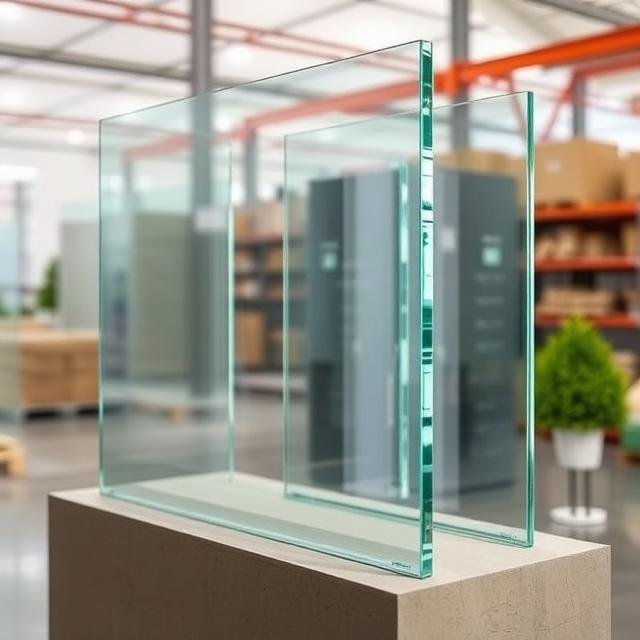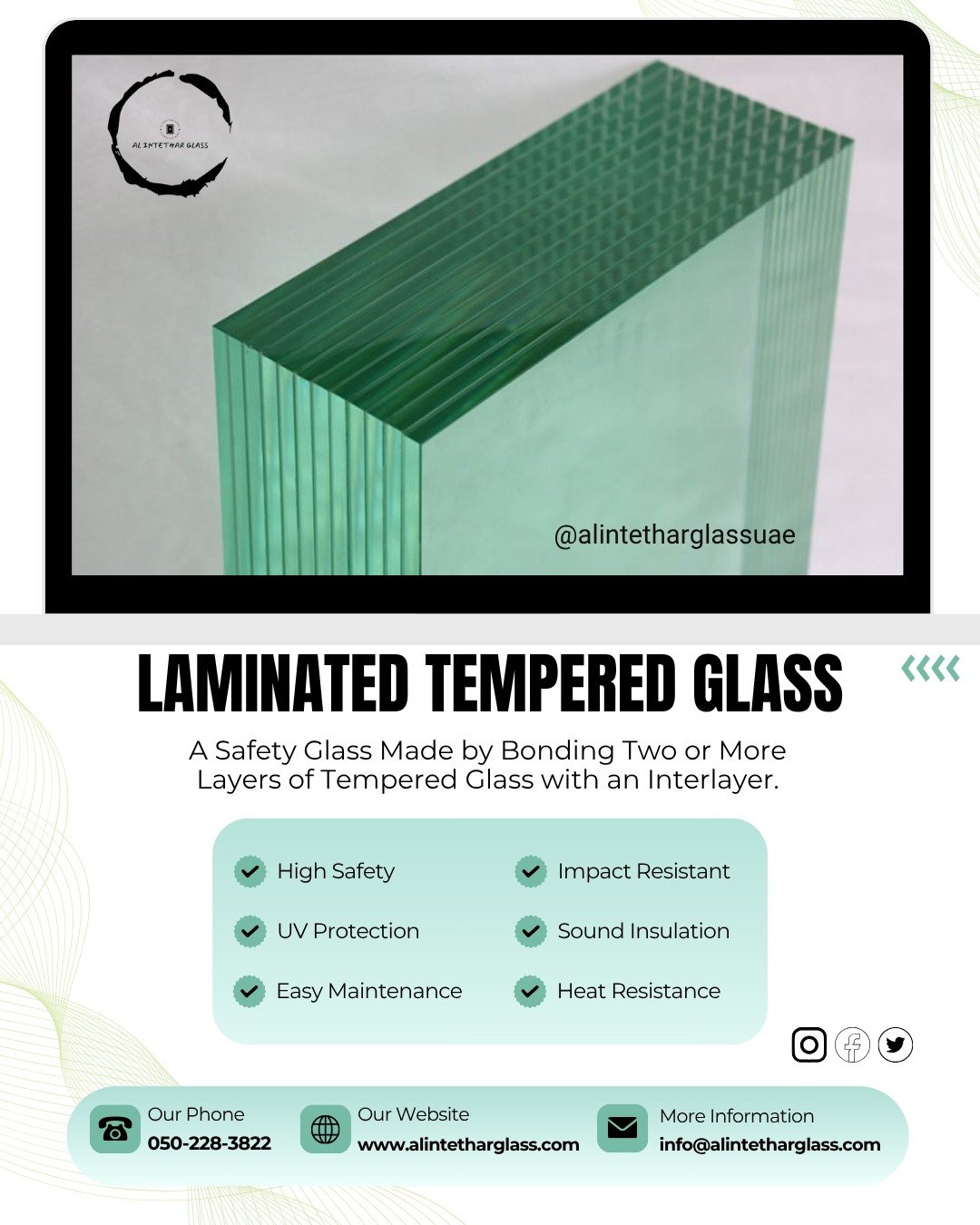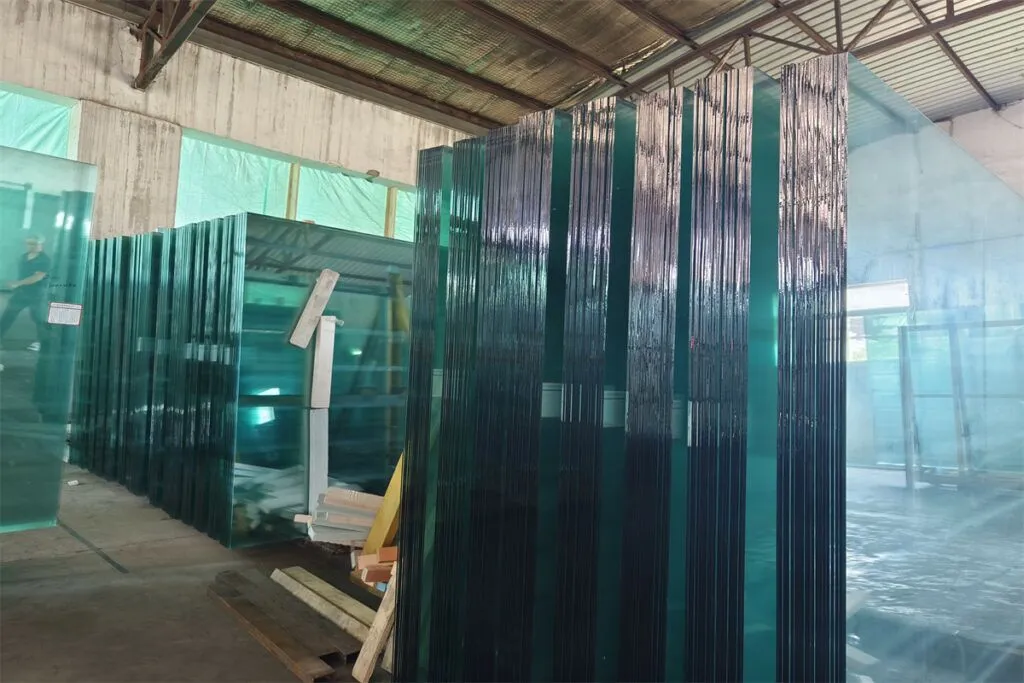
Glass Company Dubai
Glass Company Dubai has witnessed remarkable growth, reflecting the dynamic nature of the city's architectural landscape. As a hub for innovation and luxury, Dubai's skyline is characterized by high-rise buildings…[...]
Read More
Glass Company Dubai has witnessed remarkable growth, reflecting the dynamic nature of the city's architectural landscape. As a hub for innovation and luxury, Dubai's skyline is characterized by high-rise buildings…[...]
Read More
Laminated Tempered Glass in Dubai is a type of safety glass that consists of two or more layers of glass bonded together with an interlayer, typically made of polyvinyl butyral…[...]
Read More
6mm golden reflective glass is a specialized architectural material known for its distinctive combination of aesthetic appeal and functional advantages. This glass type features a stunning golden hue, achieved through…[...]
Read More
Types of Glass Sheets Available for Sale glass sheets for sale : When exploring the market for glass sheets, it is essential to understand the various types available and their…[...]
Read More